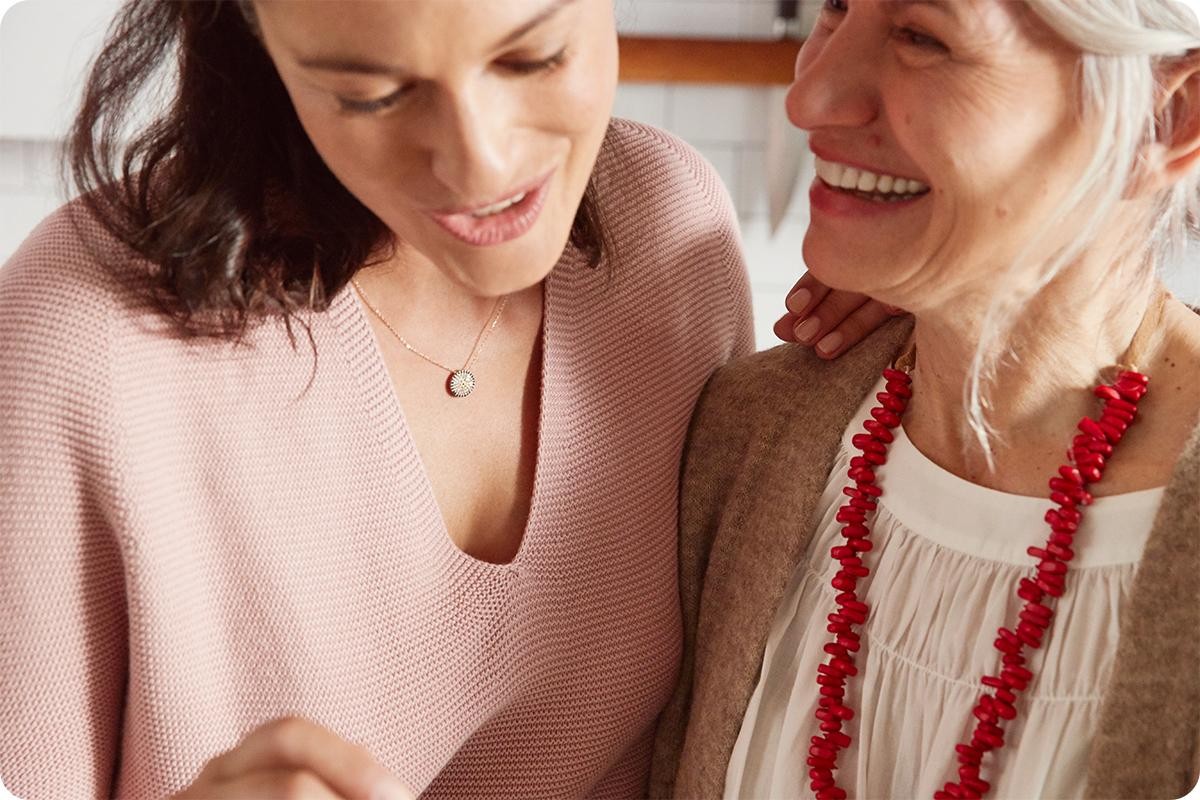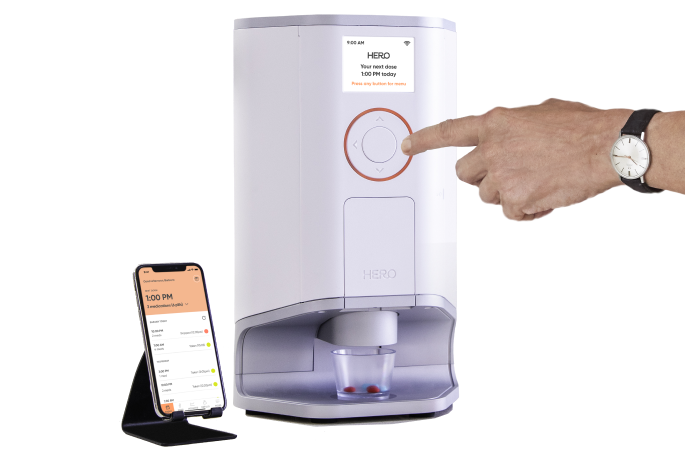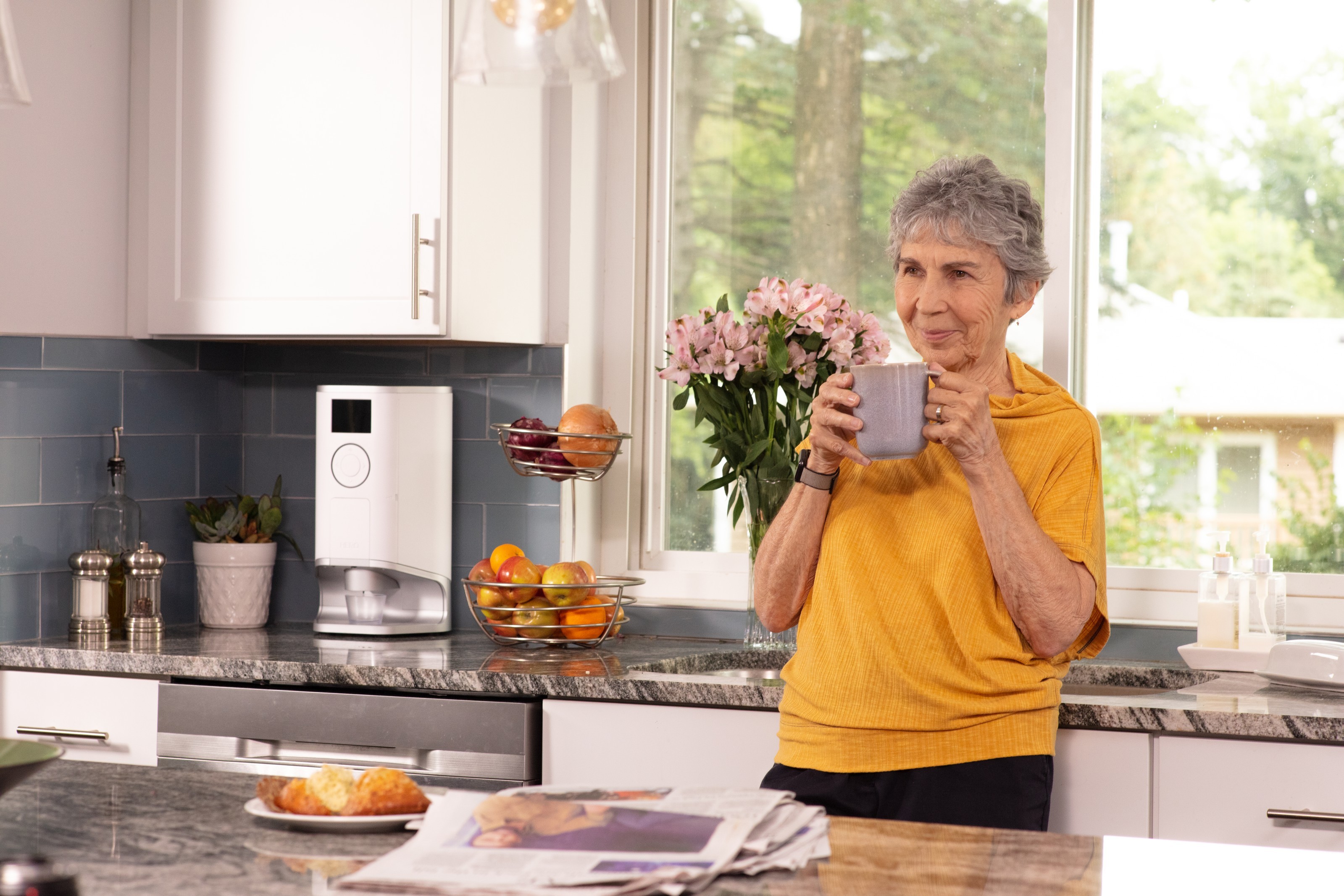7 signs you have officially become your loved one's caregiver

Change comes in many guises. Sometimes, it’s drastic, taking our breath away. We find ourselves struggling to comprehend what just happened. Other times, it creeps up on us slowly -- gently nudging us down a path until we startlingly find ourselves in a somewhat foreign place. Becoming our loved one’s caregiver can fall into either category. And yet when it is the slow, incremental journey that leads us there, we often don’t recognize that we are officially wearing that hat. But we are!
By recognizing that fact, we can (hopefully) gain some perspective, ask (we hope) for a little help here and there, (maybe) cut ourselves some slack, and -- this one’s really important -- understand how important it is to also take care of ourselves. While this list is not exhaustive, here are some of the most common signs that you have officially become your loved one’s caregiver.
You cook their meals
Maybe you cook them yourself, or maybe you arrange for meals to be prepped and delivered to them. Either way, you make sure that your loved one is eating a regular, healthy diet, because they are not fully capable of doing that for themselves.
You schedule their appointments (and talk to their doctors)
From scheduling check-ups and procedures to following up with doctors, the responsibility for making sure your loved one is getting the medical care they need is primarily yours. There are no missed doctors' appointments on your watch, and the binder you created and organized for their medical history and test results is something of a feat in and of itself.
“Whether routinely taking your loved one to physical therapy, for blood work, or just to visit a friend, you have become an indispensable part of their life.”
You're in the driver's seat
Quite literally. Whether routinely taking your loved one to physical therapy, for blood work, or just to visit a friend, you have become an indispensable part of their life. Their mobility is dependent on you, and fulfilling this is a critical aspect of the caretaker role.
You feel guilty taking a vacation
This one is less of a “what you do” rather than “what you feel like you can’t do.” When you are responsible for someone’s care on a regular basis, taking a vacation feels like a logistical impossibility. In fact, for many, it feels like an unnecessary indulgence. Of course, the contrary is true, and taking time for yourself and giving yourself some headspace is a necessity for any caregiver. Nonetheless, we often push our own needs aside.
You are their emotional support
Falling seriously ill can be terrifying. There is a world of uncertainty about the future and a grieving process for the past. Not to mention, the pain that accompanies so much illness. We all need a shoulder to cry on, a person to talk to about our fears, and someone to help us through it all emotionally. If that person is you for your loved one, it’s another indicator of your caretaker role.
You have become their medical watchdog
The number of different medications someone takes when they are really sick can be mind-boggling. Keeping up with their schedule and refills? Even more so. From building spreadsheets that track it all, to posting sticky note reminders all over your house, to trying to find the best pill dispenser, it’s a time-consuming (and serious) aspect of every caregiver’s life. Products like Hero are changing the game for many people, automating the process while keeping everyone connected on their app.
They've moved in with you
Probably one of the most obvious signs! Whether your loved one is simply not capable of taking care of themselves on their own, or you just prefer to have them close because you feel you can take better care of them, having them move in to your home closes the deal on your official caregiver status.
Complex med schedule? We solved it.
Hero’s smart dispenser reminds you to take your meds and dispenses the right dose, at the right time.

The contents of the above article are for informational and educational purposes only. The article is not intended to be a substitute for professional medical advice, diagnosis, or treatment. Always seek the advice of your physician or other qualified clinician with any questions you may have regarding a medical condition or its treatment and do not disregard professional medical advice or delay seeking it because of information published by us. Hero is indicated for medication dispensing for general use and not for patients with any specific disease or condition. Any reference to specific conditions are for informational purposes only and are not indications for use of the device.



